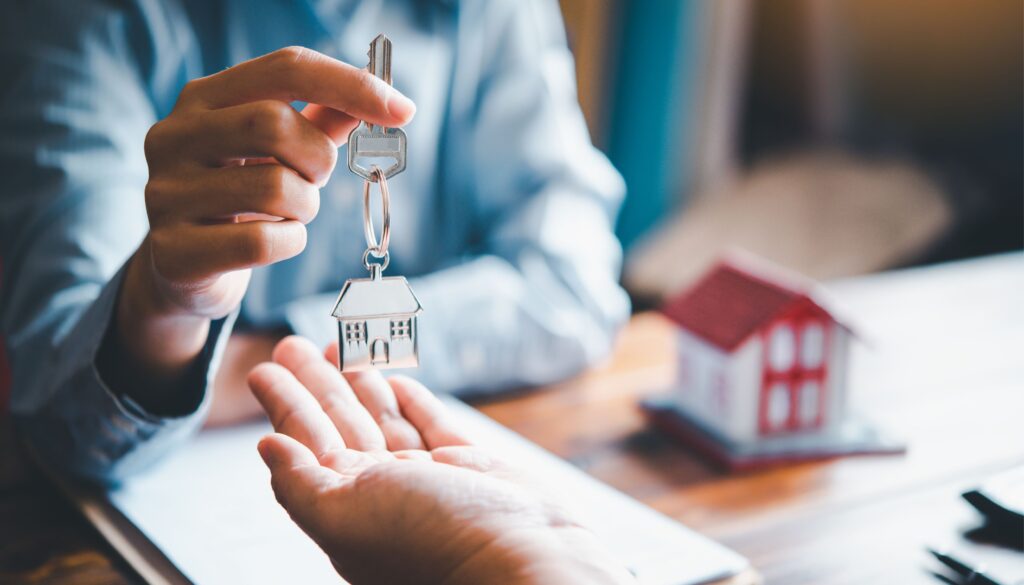
Tenants

Embarking on the journey of renting a property in Ireland can be both an exciting and daunting experience, especially for those who are navigating the rental market for the first time.
Whether you’re a local resident or relocating from abroad, understanding the nuances of the Irish property market is crucial. To help you smoothly transition into your new home and avoid common pitfalls, we’ve compiled a list of 10 essential tips. These guidelines cover everything
from financial planning to understanding your rights as a tenant. They are designed to empower you with the knowledge and confidence needed to make informed decisions and ensure a positive rental experience in Ireland.
Understand Your Budget
Before embarking on your search for a rental property, it is crucial to have a complete understanding of your financial situation and limitations. Start by assessing how much you can realistically afford to spend on rent each month. It’s important to remember that in addition to your monthly rent, there are other significant expenses to consider. These include utility bills (such as electricity, water, and gas), council taxes, internet subscription, and transportation costs. Don’t forget about the rental deposit. Typically, landlords require a deposit equivalent to one month’s rent. This deposit is held as security against damages or unpaid rent and is usually refundable at the end of your tenancy, provided the property is left in good condition. It’s essential to include this deposit in your initial budgeting. Setting aside a portion of your income to cover these expenses can help ensure that you are financially prepared for both the initial costs of moving in, and the ongoing expenses associated with renting.
Make Sure You Know Your Rights and Responsibilities
As a tenant in Ireland, it’s important to be aware of your legal rights and obligations. The Residential Tenancies Act provides comprehensive information on various aspects of tenancy, including how deposits should be handled, the regulations surrounding rent increases, the process for evictions, and the landlord’s responsibilities for maintenance and repairs. Being informed about these laws helps protect you from unfair practices and equips you to handle any disputes that may arise.
Research the Area
The location of your rental property can significantly impact your daily life. Spend time researching different neighbourhoods to find one that best suits your lifestyle and needs. Consider factors like safety, access to public transport, proximity to work or educational institutions, availability of local amenities like shops, parks, and healthcare facilities, and the general atmosphere of the area. Visiting the area at different times of the day can give you a better sense of what living there might be like.
Inspect the Property Thoroughly Before Moving In
When viewing potential rental properties, it’s crucial to conduct a thorough inspection. Look for any signs of damage or disrepair, such as dampness, faulty appliances, or heating issues. Don’t be afraid to test light switches, faucets, and appliances. Ask about the property’s insulation and energy efficiency, which can affect your comfort and utility bills. Make sure to get clarification on any concerns you may have before agreeing to rent the property.
Secure Your Lease Agreement
Ensure you receive a written lease agreement, which is a legal requirement in Ireland. This document should clearly outline important details such as the amount of rent, the deposit required, notice periods, and any other specific conditions or rules. Having a clear, written agreement helps avoid misunderstandings and provides a reference in case of disputes.
Clarify Bills and Extra Charges
Understand exactly what your rent covers. Some rentals include utilities and services, while others don’t. Make sure to clarify whether expenses like heating, electricity, water and refuse collection are included in your rent or if they are additional costs you need to budget for. This helps prevent unexpected expenses down the line.
Protect Your Deposit
When paying your deposit, it’s important to understand under what conditions it can be withheld at the end of your tenancy. Typically, deposits are used to cover damages beyond normal wear and tear or unpaid rent. Ensure the terms for deposit return are clearly stated in your lease agreement.
Setting Up Utilities and Services
If utilities and services aren’t included in your rent, you’ll need to set them up in your name. This typically involves contacting utility companies to transfer services to your new address, and may require providing personal identification and setting up payment methods. It’s advisable to handle this promptly to ensure continuous service when you move in.
Being a Responsible Tenant
Maintaining a good tenant-landlord relationship is crucial. Always pay your rent on time, keep the property clean and in good condition, respect your neighbours, and adhere to the terms of your lease. Being a responsible tenant not only ensures a harmonious living situation but can also lead to positive references for future rentals.
Knowing How to Address Issues
Should you encounter any problems, such as necessary repairs or disputes with your landlord, it’s important to know the correct procedures to follow. Keep communication with your landlord documented and professional. For issues that can’t be resolved directly with your landlord, the Residential Tenancies Board (RTB) offers advice and mediation services. They can provide assistance and information on your rights and the appropriate steps to take.
Maintenance Request
Available Properties for Rent
We do not have any properties available in this category at this time.
Register for property alerts so that we can keep you informed of any upcoming listings.